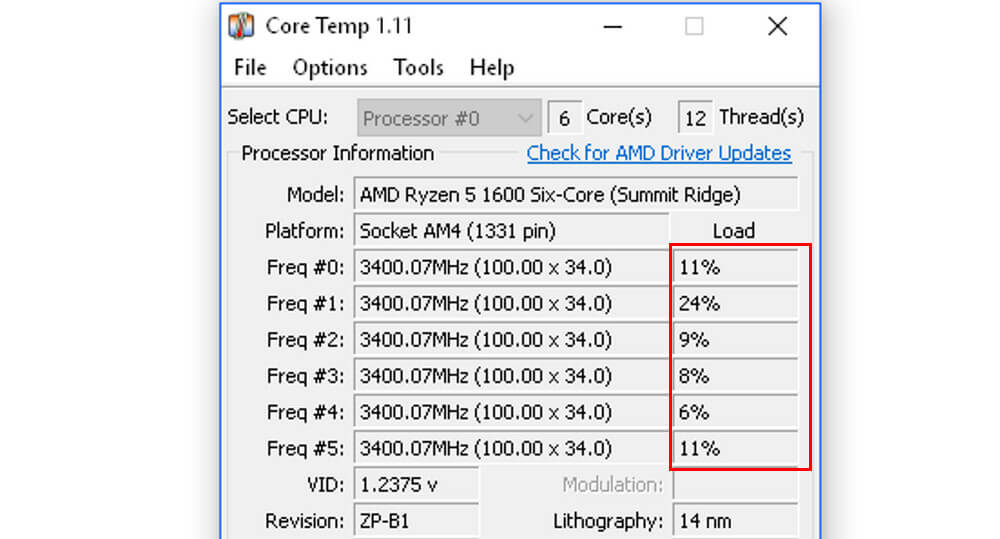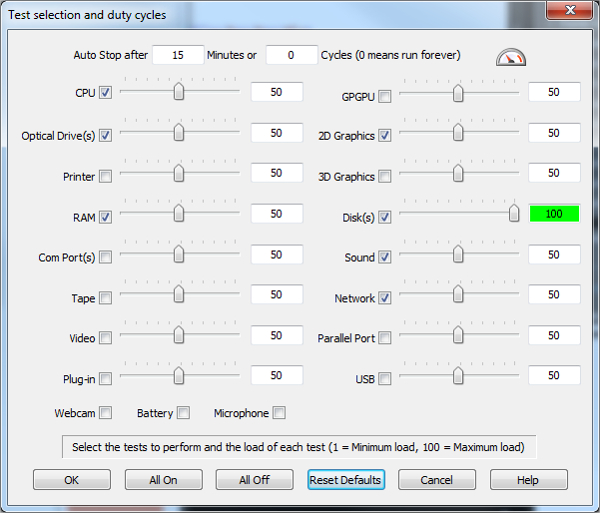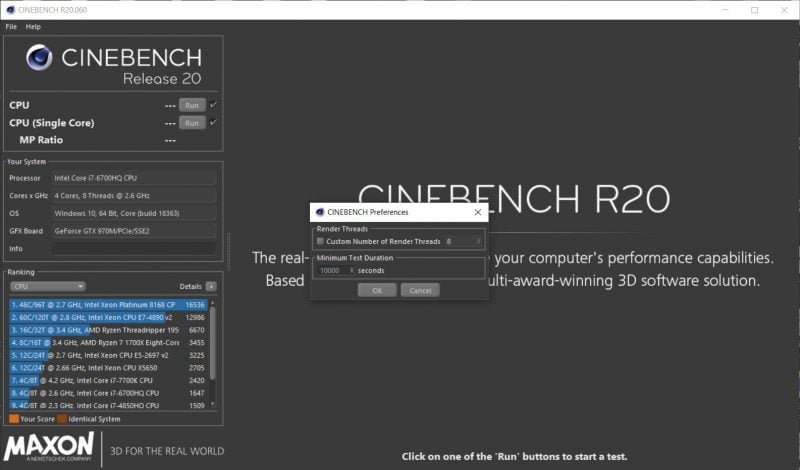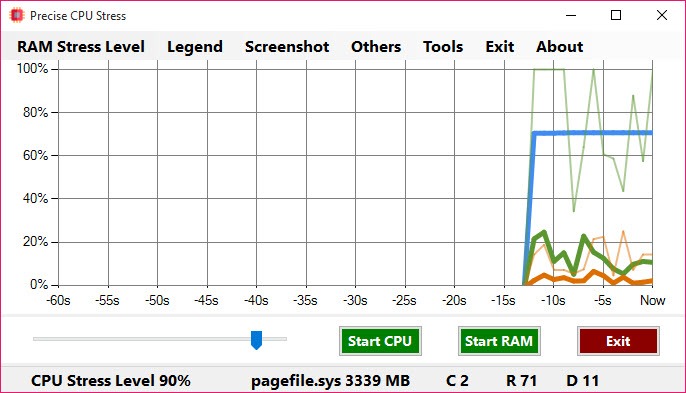

There are typically two main costs associated with a stress test - the cost of the test itself and the cost of analyzing the results.While the test itself generally takes less than 15 minutes, expect the doctor's visit to be up to two hours total. Generally, a stress test involves walking on a treadmill or bicycling on a stationary bike at increasing levels of difficulty to determine stress on the heart. But when a heart is working, it pumps harder making it easier to identify potential coronary artery blockages or heart problems. When a heart is at rest, blockages might be unrecognizable by an EKG test. There is a $100.00 charge for not providing a 24-hour cancellation notice.Cost of a Stress Test - 2023 Healthcare Costs - CostHelperĬostHelper > Health & Personal Care > Tests, X-Rays & Imaging > Stress TestĪ stress test, often referred to as an exercise test or as an exercise electrocardiogram, is used to determine the amount of stress a patient's heart can handle. We can only allow patients that are having a test to be in the testing rooms and nuclear waiting area. If you have any questions, write them down and ask at that time.ĭue to COVID-19, we ask that you not bring any guests at this time. If your appointment is on Monday you will receive a call on Thursday.

Someone will give you a reminder call the day before your test.
BEST CPU STRESS TEST 2016 FREE
If you have food allergies or want something specific feel free to bring something with you or you may leave for an hour to grab a bite to eat. We offer complimentary crackers, Coke products and juice. Bring a book or tablet, and sweater if you’d like.Ībout half way through the test there is a break where you will be allowed to eat. There are waiting periods involved during your test. Plan to be in the office for about 4 - 4.5 hours. Please wear a separate top and bottom (ie: pants/shirt, skirt/blouse). Please do not wear heels, flip flops, or an open back shoe. WEAR WALKING SHOES and comfortable clothing. Please come dressed to walk – Even if you are not scheduled for the treadmill.

However, if this falls within the 3-hour fasting time frame just prior to your test – take only those medications that DO NOT require food. You may drink water until the time of the test. Only water is allowed.ģ hours prior to the test - NO FOOD or DRINK- except water. This includes decaf, which contains trace amounts of caffeine. Half way through the test patients will be given an option to take a break and go get something to eat.ġ2 hours prior to the test - NO CAFFEINE. The test takes 4 to 5 hours to complete and patients are asked to not have any food 4 hours prior to test and no caffeine 12 hours prior. Patients are advised to wear comfortable clothing. Before and after images are taken for comparison to determine if there is a lack of blood flow to certain areas of the heart.

If physically able it is preferred that a patient walks on a treadmill however if unable to physically perform the test, a drug can be given to stimulate exercise. A special camera, gamma camera, detects the radiation released by the tracer to produce computer images of the heart. During the test a small amount of radioactive tracer may be injected into a vein. For most patients, this test would be described as a “brisk walk up a hill.” There are several variations of this test and the type is determined by your cardiologist and depends upon the questions that revolve around your heart. WHAT TO EXPECT: This test involves walking on a treadmill at increasing levels of speed and incline, while your electrocardiogram, heart rate and blood pressure are monitored. A diagnostic test used to evaluate blood flow to the heart.


 0 kommentar(er)
0 kommentar(er)
